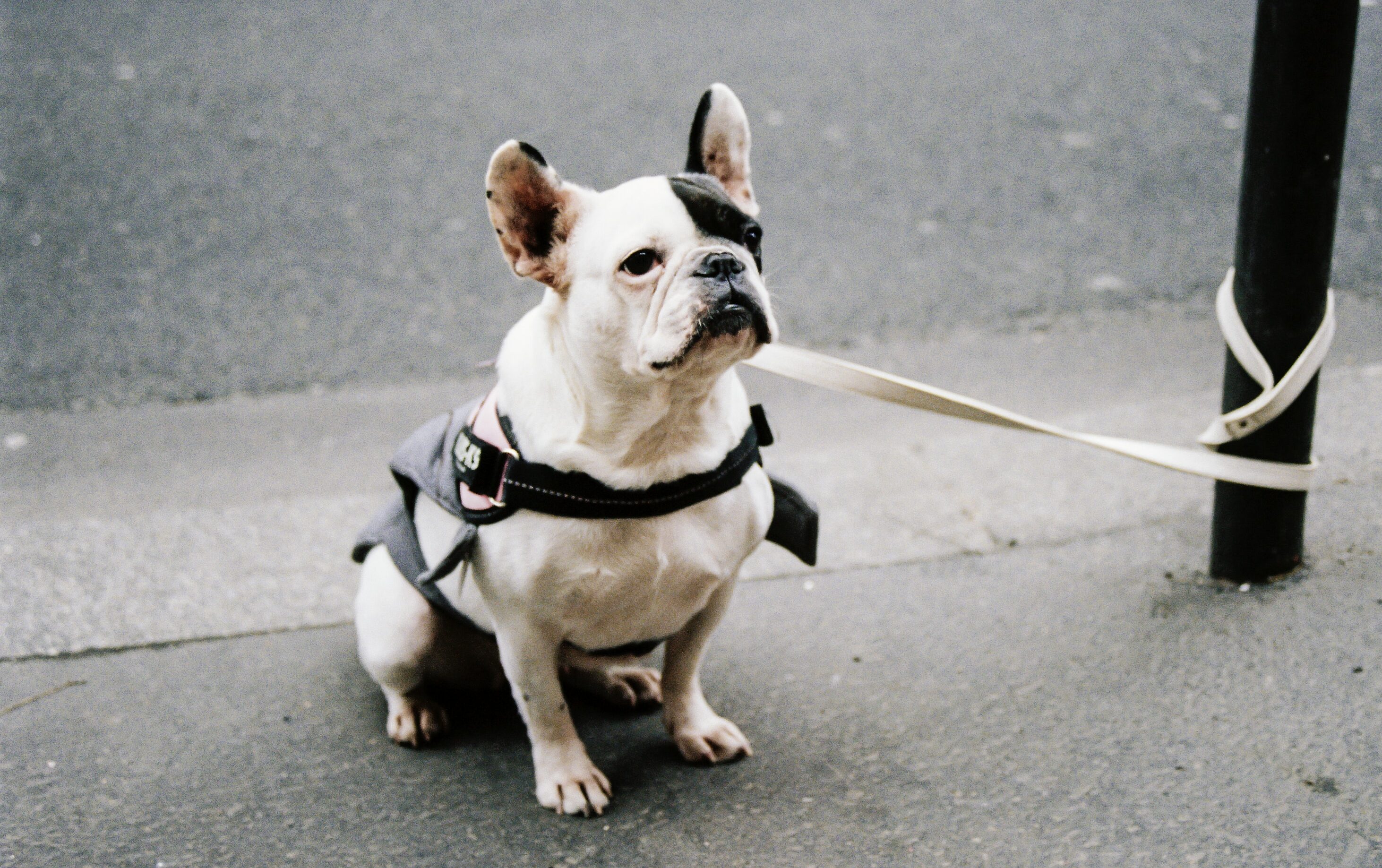This is a wonderful question, and many owners want to know if their dog has an internal clock or if they’re able to appreciate the passage of time like a human can. While we can’t ask them directly about their perception of time, there are certain assumptions we can make and there’s also plenty we know thank to science.
Read on to learn more about your furry friend’s understanding of time and how they’re able to make sense of the changing world around them, without ever having to learn how to read a wristwatch!
- Canine internal clocks are driven by biological cues like hunger.
- No dog can understand exact time durations like humans do.
- Dogs follow a circadian rhythm, influencing their sleep and activity.
The information provided herein is for informational purposes only. Please refer to our disclaimer for more details..
Is it possible for dogs to appreciate the concept of time?
Image credits: Barthelemy de Mazenod.
It is easy to anthropomorphise a beloved pet and to assume that their awareness of time is just like ours. However, the reality is quite different. They rely more on their senses than on any sort of technology. So, rather than aiming to wake up when it’s 6 a.m. (as many of us worker bees do!), they know to wake up roughly when the sun rises. Similarly, they may not be able to tell you what time they go to bed, but they realise it occurs when it is dark outside and when things are quieter within the home and all of their tasks and activities are done for the day.
Dogs also rely on their hormone levels to guide them, like an internal clock. They are driven by their biological clock and by things like their hunger and sleepiness levels, which guide their day; rather than any numbers on a device.
Do dogs have a sense of time when left alone?
Some of our canine friends find it very difficult to grasp the concept that their owner will go for a certain amount of time each day but then come back. For many of them, as soon as the owner leaves they are pining for their return. This is demonstrated by the pup with separation anxiety. Even if their owner is gone for 2 hours every day, you’ll find they are barking and whining for them to come home long before this time is up.
Many dogs deal with being alone by napping or sleeping, which surely helps the time pass quicker and would help alleviate any boredom. Owners can facilitate this by wearing their dog out before they’re left by themselves. This can mean things like bringing them for a nice, long walk beforehand and having a quick training session before leaving the home.
Can dogs tell time e.g. how long you’ve been gone?
Image credits: Mike Burke.
If you have been on holiday and away from the home for much longer than usual, your dog can’t understand this. Animals perceive time differently to us and would not appreciate the fact that their owner has been away for, lets say, two weeks. However, there is no doubt they will be able to feel some level of stress at being away from them for this time and they will usually give their loved ones an extra long greeting, to reflect the fact that they were gone for longer than usual.
Do dogs feel abandoned when left alone?
Each dog copes differently with the absence of their owner. Many cope just fine and experience no negative feelings. Sadly, some individuals experience great distress when their owners leave the house and get over-excited and boisterous at their owner’s return. They don’t understand how long they’ll be alone for and many dogs find this hard to cope with.
In more extreme cases, a dog develops ‘separation anxiety’ and will experience signs including shaking, barking, whining and soiling inside the home. The owner might need to consult with a veterinarian or behaviourist, in order to address this and to help their dog cope better in their absence.
What about the canine circadian rhythm?
The ‘circadian rhythm’ are a number of changes (whether physical, behavioural or mental) that follow a 24-hour cycle. They affect humans, but also other animals and even plants. A dog also has these ‘internal rhythms’ that guide them and there will be specific patterns in regards to things like their temperature and heart rate.
In essence, this is what allows your dog to know when to rest and sleep, and when is the time to be awake and active.
FAQ
Can some dogs tell time like humans?
Even the smartest dog cannot know what time it is and a canine’s time perception is quite different to ours. Rather than measure units of time or focus on certain numbers, they rely on their biology as well as their external environment, to guide them.
While they may not know when it is 7 p.m., they do learn to tell when mealtime is coming or when they tend to go for a walk, and dogs are capable of remembering sequences of events throughout their day. They learn from past events and many are able to remember daily routines with ease.
Do dogs know how much time has passed when you come back from holidays?
No, dogs can’t understand time in this manner and won’t know that you’ve been gone for e.g. one week, two weeks or three. However, they will often experience some worry or stress from your prolonged absence, which can manifest itself in behavioural changes such as soiling indoors or a reduced appetite.
When you return home, you may well get a great welcome. However, your dog doesn’t understand how long you’ve been away; they are just grateful to be reunited with you.
Do any animals understand time better than dogs?
Several studies have looked into this and those animals that rely on time for things like their hunting and survival, are the ones that appreciate the passing of time the best. This includes certain marine predators and birds.
4Kviews
Share on FacebookExplore more of these tags
I take a neighbor to appointments on Monday and Wednesday afternoons. I put my dog out @ ~3:05 to take care of business before I leave. On Monday and Wednesday ONLY she comes to my chair @ 3pm in anticipation of going out. She also knows when 9pm is near since that's her last trip out before bed. TL;DR my dog is pretty good with time and occasionally a calendar. 😂
Leaving out clocks, we're often the same as dogs in that activities of our day are usually a learned sequence of events, unrelated to a overly conscious sense of time.
I take a neighbor to appointments on Monday and Wednesday afternoons. I put my dog out @ ~3:05 to take care of business before I leave. On Monday and Wednesday ONLY she comes to my chair @ 3pm in anticipation of going out. She also knows when 9pm is near since that's her last trip out before bed. TL;DR my dog is pretty good with time and occasionally a calendar. 😂
Leaving out clocks, we're often the same as dogs in that activities of our day are usually a learned sequence of events, unrelated to a overly conscious sense of time.

 Dark Mode
Dark Mode 

 No fees, cancel anytime
No fees, cancel anytime 




















































4
2